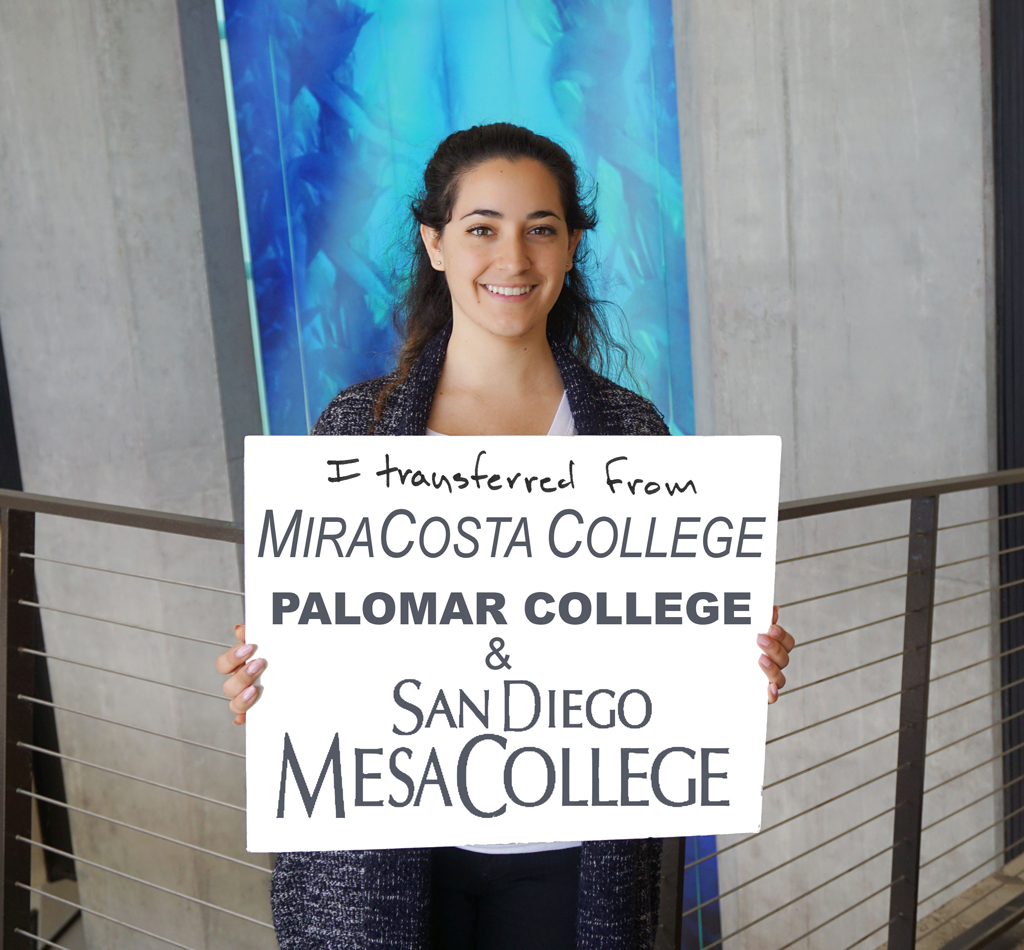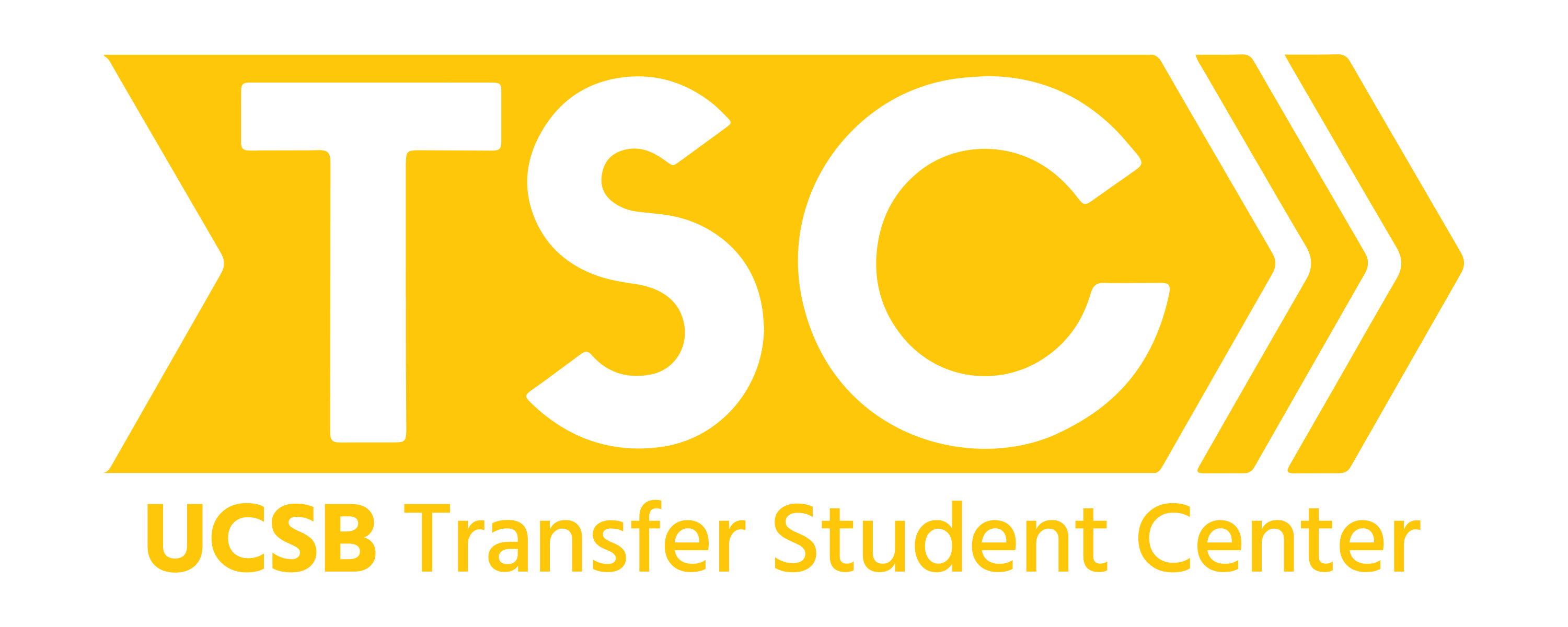Event Date:
Event Date Details:
Student Information
NAME: Francesca
MAJOR: Communication
MINOR: Teaching English to Speakers of Other Languages
CLASS STANDING: Senior

What helped you prepare for transferring to UCSB?
I joined the UCSB Transfer Students Facebook Group, UCSB Housing Facebook group, and downloaded the Schools App to find roommates. These allowed me to network with my future peers and get information and answer questions I had, because most people had the same questions.
What are some accomplishments you’ve achieved at UCSB that you’re most proud of thus far?
I’m really proud of how involved I’ve gotten on campus. Two years seems very short to get the whole “Four-year experience,” but in my time here, I lived in campus housing, joined a sorority, studied abroad with EAP, held an on-campus job, and had two on-campus internships, all while working part-time off-campus. I’ve learned to manage my time well and have been able to move in and out of many different social circles.
How are the courses different at UCSB than from your previous college(s)?
My community college used the semester system, while UCSB is on the quarter system. This means that we take three quarters per academic year rather than two semesters. Most courses are four units where in community college they were three. For that reason, a full-time load of 12 units is three classes. The grading scale here includes pluses and minuses which my community college did not. Many lower-division classes are similar to my community college classes in terms of workload and consist of homework and many assignments. My upper-division classes tend to be less assignment-based, and the grades are heavily based on one or two papers and midterms, and a final.
Describe the difference between lecture and discussion sections?
Many lower-division classes have discussion sections in addition to lecture. Lectures are typically twice per week for an hour and 15 minutes and are usually taught by professors in large lecture halls. Section meetings are much smaller (~20 students), are held once per week, are usually 50 minutes, and are led by graduate student Teaching Assistants (TAs). There is usually required attendance for section, while lecture sometimes has required attendance, and sometimes does not, depending on the professor.
Are your classes usually on certain days/times and for how long?
In community college, I was used to setting my entire class schedule for T/TH so I would only have to commute to campus twice per week, and have the rest of the week to study or work. Unlike community college, it is difficult to get an entirely M/W or T/TH schedule and you may find yourself having to commute to campus four or five days per week. Many courses you will take for your major are only offered at one time, so you will have to adapt and be more flexible with your schedule.
Do your courses usually require a textbook(s)? If so, where do you purchase them?
Most of my Communication classes require at least one textbook. They are often on reserve at the UCSB Library and can be checked out for free for two hours, or can be purchased at the UCSB Bookstore. I prefer to buy or rent my books online using slugbooks.com which searches across many different textbook retailers to find you the best rent/buy price. Some classes will require a course reader which is a paper bound book created by your instructor, and must be purchased from SB Printers in the UCEN for around $40. There is also a Facebook group UCSB Textbook Exchange where students buy and sell their textbooks and course readers. Most instructors will tell you on the first day of class what books you’ll need, so you won’t need to buy them before the class starts unless they email you prior
Do you work or have internships while at UCSB? Are they on-campus or off-campus?
I work in the Transfer Student Center as a Peer Educator around 5 hours per week, I’m a Global Intern for the Education Abroad Program an hour a week, an intern at the Pollock Theater around 6 hours per week, and have an off-campus paid internship for 14 hours per week. I'm able to balance all of these commitments while keeping up with my academics, being involved in organizations, maintaining a social life, and practicing self-care. In the beginning, it wasn't easy to achieve this balance but by the end of my senior year, I have it mastered! It's totally possible to do, you just learn to prioritize and make the most of down time!




